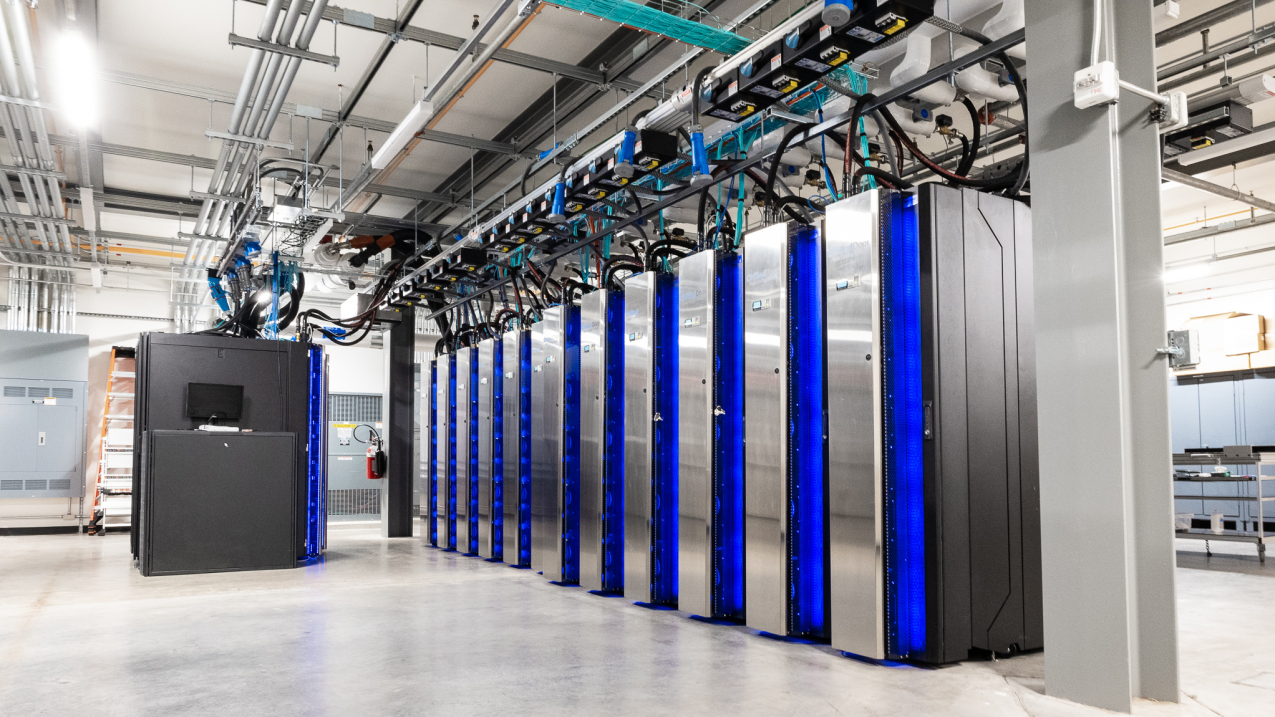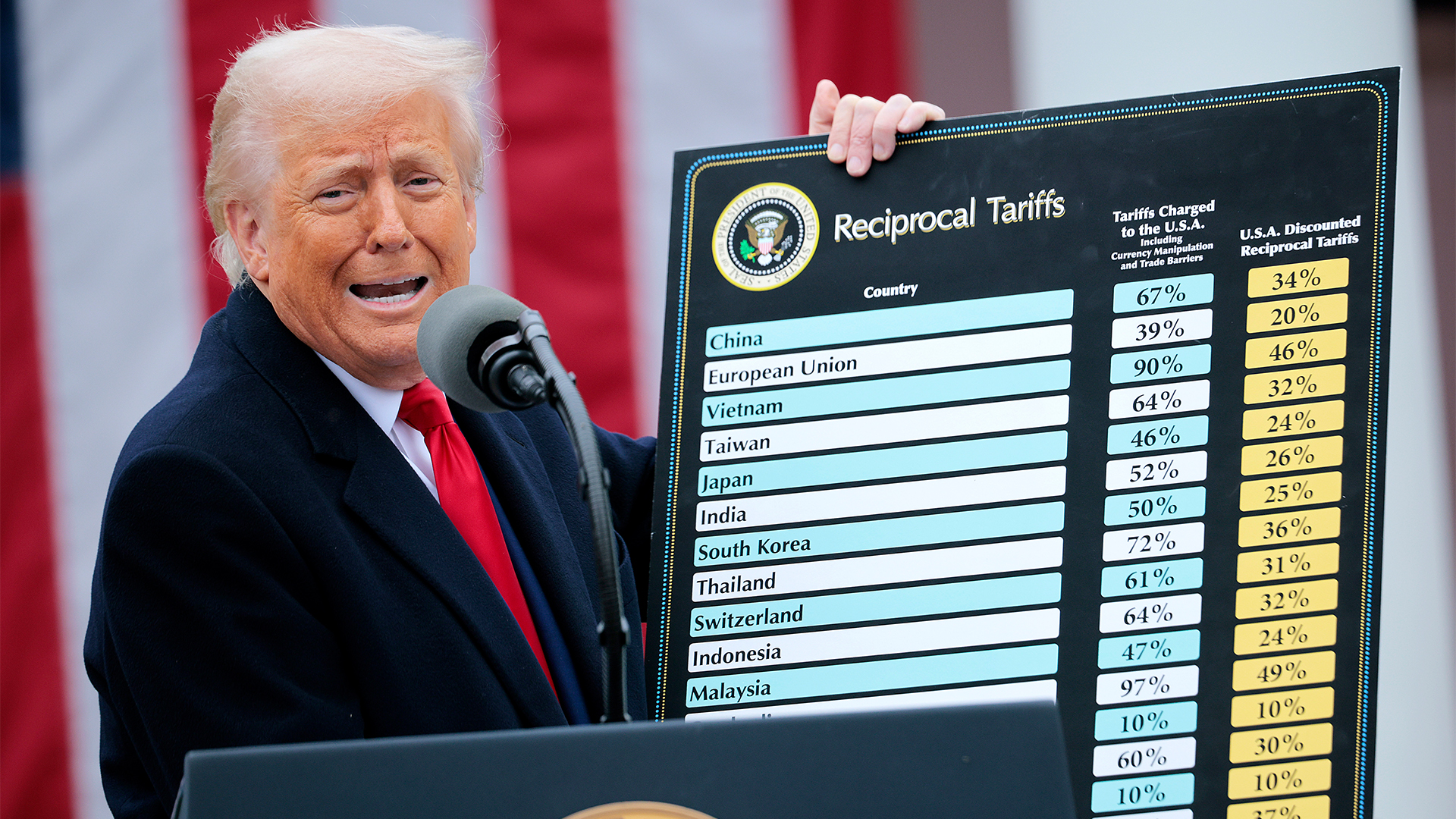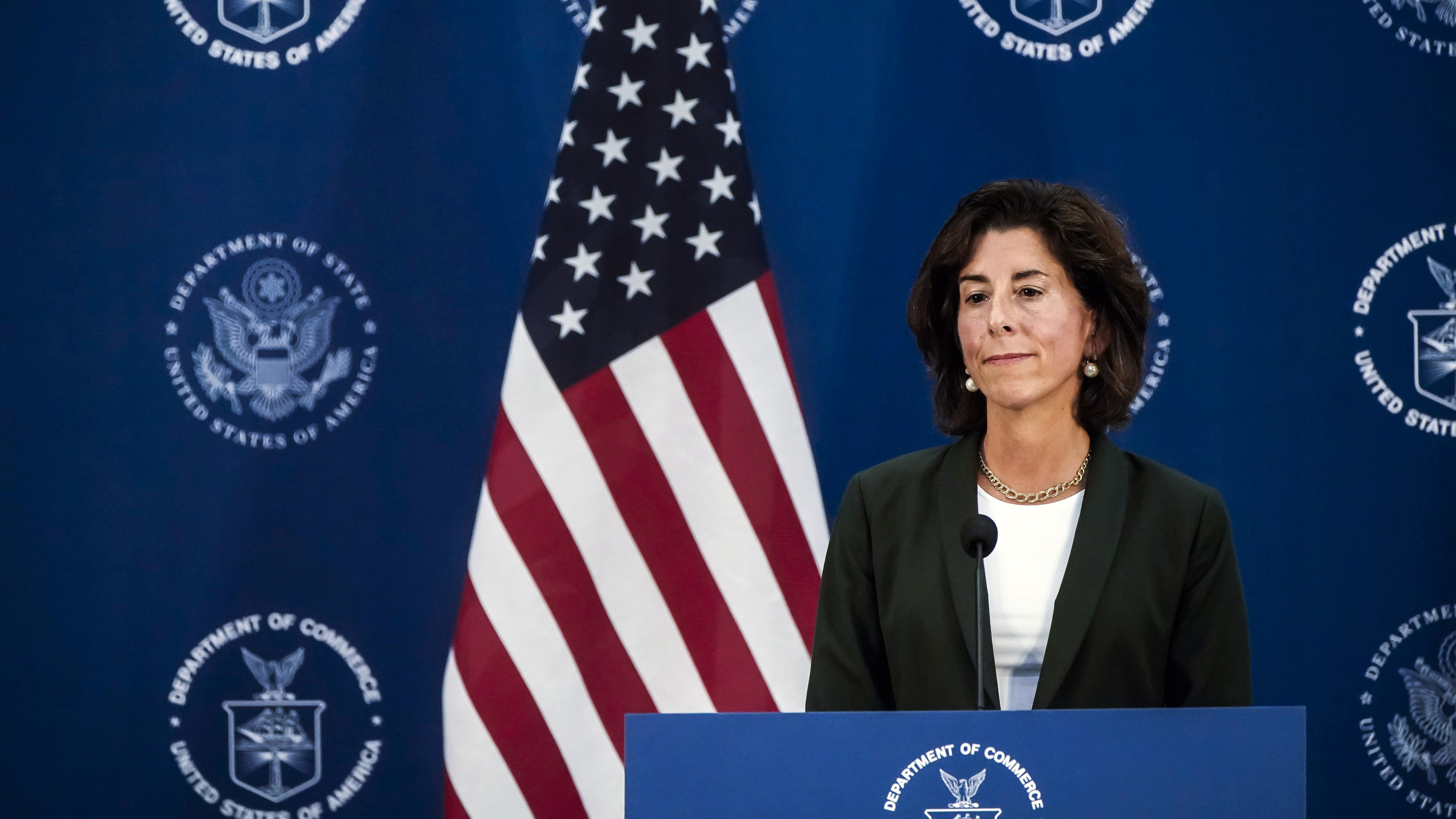NOAA unveils two new supercomputers in effort to better predict extreme weather
The move more than doubles the agency's computing capacity, in hopes of preventing further loss of human life and damage to economy


Sign up today and you will receive a free copy of our Future Focus 2025 report - the leading guidance on AI, cybersecurity and other IT challenges as per 700+ senior executives
You are now subscribed
Your newsletter sign-up was successful
The National Oceanic and Atmospheric Administration (NOAA) has celebrated the inauguration of two new supercomputers, which it hopes will dramatically improve prediction models.
Named Dogwood and Cactus, each new supercomputer operates at a speed of 12.1 petaflops and were provided as part of an eight-year contract with General Dynamics Information Technology, who are responsible for their maintenance and updates.
RELATED RESOURCE

Added to the NOAA’s current supercomputer capacity of 18 petaflops, the agency can now utilise a total capacity of over 42 petaflops for research. The additional power will play a key role in next year’s Hurricane Analysis and Forecast System (HAFS), a new and more detailed hurricane forecast model, as well as an upgrade to the Global Forecast System (GFS) this autumn, a boost to all who use the service around the world.
Extreme weather events are a regular occurrence in the United States but are becoming even more common and severe as a result of climate change. Of the $2.155 trillion of damage caused by US weather and climate disasters since 1980, $742.1 billion has been caused in the last five years alone, more than one-third.
A huge $1.1 trillion of that total is due to hurricanes, which also carry the highest total death toll of weather and climate disasters: 6,697. With the upgrade to the system announced this week, researchers will be able to model smaller weather formations in higher resolution, as well as run larger and more frequent simulations to improve model certainty.
Dogwood and Cactus are named after the flora native to their respective bases of Manassas, Virginia and Phoenix, Arizona. They now rank as the 49th and 50th fastest computers in the world.
“Accurate weather and climate predictions are critical to informing public safety, supporting local economies, and addressing the threat of climate change,” stated U.S. Secretary of Commerce Gina M. Raimondo, in a press release.
Sign up today and you will receive a free copy of our Future Focus 2025 report - the leading guidance on AI, cybersecurity and other IT challenges as per 700+ senior executives
“Through strategic and sustained investments, the U.S. is reclaiming a global top spot in high-performance computing to provide more accurate and timely climate forecasts to the public.”

Rory Bathgate is Features and Multimedia Editor at ITPro, overseeing all in-depth content and case studies. He can also be found co-hosting the ITPro Podcast with Jane McCallion, swapping a keyboard for a microphone to discuss the latest learnings with thought leaders from across the tech sector.
In his free time, Rory enjoys photography, video editing, and good science fiction. After graduating from the University of Kent with a BA in English and American Literature, Rory undertook an MA in Eighteenth-Century Studies at King’s College London. He joined ITPro in 2022 as a graduate, following four years in student journalism. You can contact Rory at rory.bathgate@futurenet.com or on LinkedIn.
-
 Microsoft Copilot bug saw AI snoop on confidential emails — after it was told not to
Microsoft Copilot bug saw AI snoop on confidential emails — after it was told not toNews The Copilot bug meant an AI summarizing tool accessed messages in the Sent and Draft folders, dodging policy rules
-
 Cyber experts issue warning over new phishing kit that proxies real login pages
Cyber experts issue warning over new phishing kit that proxies real login pagesNews The Starkiller package offers monthly framework updates and documentation, meaning no technical ability is needed
-
 UK’s ‘Tech Prosperity Deal' with US hits rocky ground
UK’s ‘Tech Prosperity Deal' with US hits rocky groundNews The US has reportedly threatened to pull out of the deal over the Digital Services Tax and broader economic disagreements
-
 Global IT spending set to hit a 30-year high by end of 2025
Global IT spending set to hit a 30-year high by end of 2025News Spending on hardware, software and IT services is growing faster than it has since 1996
-
 ‘The UK must position itself as the destination of choice’ in wake of H-1B visa crackdown, tech policy group says
‘The UK must position itself as the destination of choice’ in wake of H-1B visa crackdown, tech policy group saysNews The UK has a massive opportunity to capitalize on the US government’s H-1B visa changes
-
 AI tools are a game changer for enterprise productivity, but reliability issues are causing major headaches – ‘everyone’s using AI, but very few know how to keep it from falling over’
AI tools are a game changer for enterprise productivity, but reliability issues are causing major headaches – ‘everyone’s using AI, but very few know how to keep it from falling over’News Enterprises are flocking to AI tools, but very few lack the appropriate infrastructure to drive adoption at scale
-
 Pegasystems teams up with AWS to supercharge IT modernization
Pegasystems teams up with AWS to supercharge IT modernizationNews The duo aim to create deeper ties between the Blueprint, Bedrock, and Transform services
-
 IDC warns US tariffs will impact tech sector spending
IDC warns US tariffs will impact tech sector spendingNews IDC has warned that the US government's sweeping tariffs could cut global IT spending in half over the next six months.
-
 US government urged to overhaul outdated technology
US government urged to overhaul outdated technologyNews A review from the US Government Accountability Office (GAO) has found legacy technology and outdated IT systems are negatively impacting efficiency.
-
 US proposes new ‘know-your-customer’ restrictions on cloud providers
US proposes new ‘know-your-customer’ restrictions on cloud providersNews The US aims to stifle Chinese AI competition with new restrictions on cloud providers to verify foreign data center users